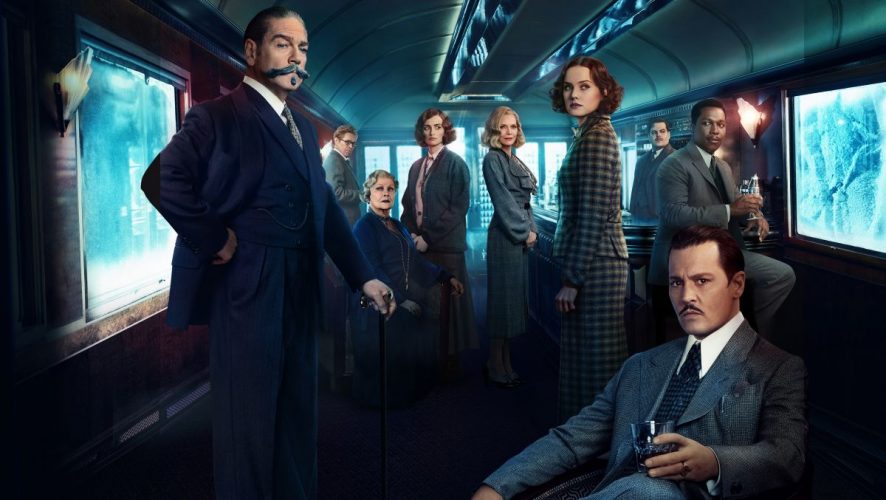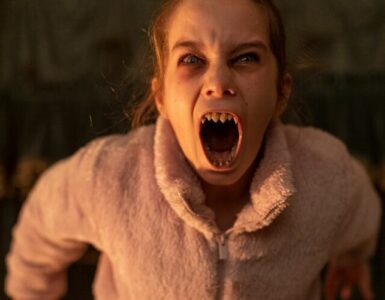There’s always something unfortunate about trains.
In Train to Busan, a zombie attack was unleashed upon unsuspecting passengers. Screams were heard, flesh and bones gnawed on. In spy flicks, train carriages are prime targets for bombs, a compact space for high death tolls and maximum destruction. Otherwise, hostage situations and derailing incidents are the next hot favourites. Remember Under Siege 2? Snowpiercer? Source Code?
In Murder on the Orient Express, what happens is well, murder (nope, there’s no punchline) – and it’s pretty damn brutal.
The murdered passenger is found dead with a haphazard spray of deep slashes across his body. A mug on the ground hints at the victim being drugged, the cracked watch by the bedside indicates his time of death. Throw open windows, a locked door, and a security personnel who kept watch through the whole night into the mix, and you’ve got an uncrackable case on your hands.
On first glance, everything points to an open-and-shut case. But there’s a reason why titular character Hercule Poirot (Kenneth Branagh) is a master detective and we’re not: he wields his highly rational and logical mind with great proficiency, and his eye for details is second to none.
In fact, the movie adaption of Agatha Christie’s critically-acclaimed title starts out with a humourous display of Poirot’s detail-oriented personality. He measures the height of two eggs for his breakfast, then proceeds to nab the perpetrator of a later case as the latter runs into his walking stick, which was driven into a wall earlier on the basis that the culprit would flee in that direction. Such is the intellectual prowess of Poirot, self-proclaimed (but probably true) best detective in the world. It’s elementary, really.
Murder on the Orient Express, despite its name, is more of a Hercule Poirot story than a murder mystery. In the books, he’s the perfect picture of calm confidence and poise, suave when he needs to be. On the silver screen, these trails are fleshed out well, with Branagh executing an expert brandishing of Poirot’s ridiculous moustache.
If you’ve read the book, then you already know the ending, and this movie is not about the destination, but the journey.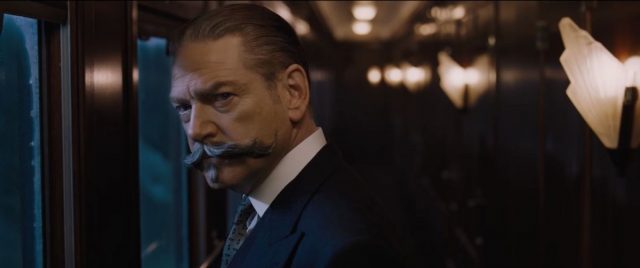
Where Poirot first starts out as a collective and self-assured individual, he slowly grows into someone who learns how to deal with his emotions – a foreign concept to the great sleuth. In view of overwhelming contradictory evidence, he struggles with cycles of self-doubt and helpless frustration, and finds his black-and-white thinking being challenged with every turn of the case. Does the end truly justify the means? What gives someone the right to judge another’s sin?
The inner conflict that resides within Poirot makes for a good character development, but it could’ve easily done without the over-exaggerated parts of his personality. While his reactions to anything deemed to be less than perfect is quite amusing, director Branagh plays up these moments too much, which results in forced humour for certain scenes.
A slight point of contention would be the portrayal of Poirot in the final act, whose passionate shouting and overtly emotional response puts an unwelcome touch to the cool, collected, and stoic character seen in the books.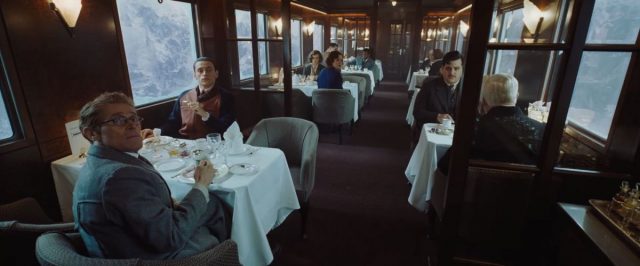
Murder on the Orient Express starts off on the right track (heh). There’s a fair balance between the serious and light-hearted moments, and viewers get enough glimpses of the passengers to form their own impressions of them. Ratchett (Johnny Depp) is one hell of a bastard, while Mary Debenham (Daisy Ridley) is smarter than she lets on. Hardman (Willem Dafoe) is, well, a hardass, and a troubled one at that; Pilar Estravados (Penelope Cruz) as problematic as she is intriguing.
But with a huge ensemble of twelve alive passengers comes an expected problem: each of them are allocated unequal screen time, and only a selected few are able to truly shine as the stars of the show.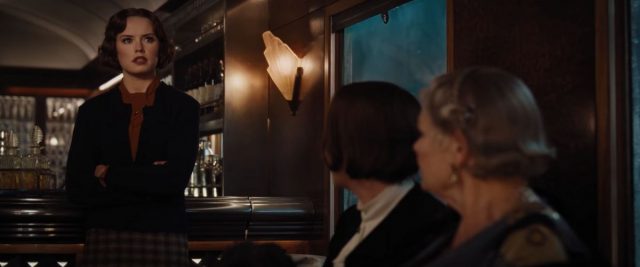
Along the way, the film unfolds with a steady pace, allowing for a smooth build-up to the inevitable murder scene. Introduce Poirot, establish his character. Meet M. Bouc, his old-time friend and ticket to the Orient Express. Throw in the other passengers, create an atmosphere of suspense and impending doom. A bloodcurdling scream, and the camera cuts to a top-down angle.
It’s almost the perfect set-up to one of the most compelling stories ever.
Unfortunately, that’s far as the good pacing can get. Everything starts to derail following the inevitable murder scene, and things never did quite pick up again. As with every other Poirot narrative, interrogation scenes are the norm, and Murder on the Orient Express fails to deliver them well.
Apart from the abrupt cuts between interrogation moments, none of them actually give an insight into Poirot’s reasoning; in the book, this is easily done with a third-person point of view. Of course, it backfires near the end of the movie – the lack of Poirot’s case breakdown may serve to confuse viewers who have never read the book, and the eventual revelation of the culprit is extremely underwhelming.
At some points, the questioning sessions were too dragged out as well, and the additions of a gunshot and chase scene felt more like a tryhard attempt to insert the adrenaline-pumping action we see in most movies today.
Thankfully, Haris Zambarloukos saves the day with his expert craft in photo direction, although a poor CGI attempt in one scene does mar the overall beautifully-shot film. From slow, panning shots of breathtaking scenery to the tight close-up expressions of characters, the cinematography in Murder on the Orient Express never ceases to amaze with experiential angles, smooth camera movements, and astonishing visuals.
All in all, Murder on the Orient Express is an enjoyable ride for fans of the mystery genre. However, the movie falls short of its potential with the lull moments, especially during interrogation scenes, and a lacklustre ending reveal. If you’re one to appreciate visual appeal, though, then this is worth a shot.
But definitely not a second watch.
GEEK REVIEW SCORE
Summary
An easily forgettable adaptation of Agatha Christie’s well-known title, Murder on the Orient Express could have been something more, but ends up as a messy ride instead.
Overall
6.6/10-
Story - 7/10
7/10
-
Direction - 7/10
7/10
-
Characterisation - 6.5/10
6.5/10
-
Geek Satisfaction - 6/10
6/10

